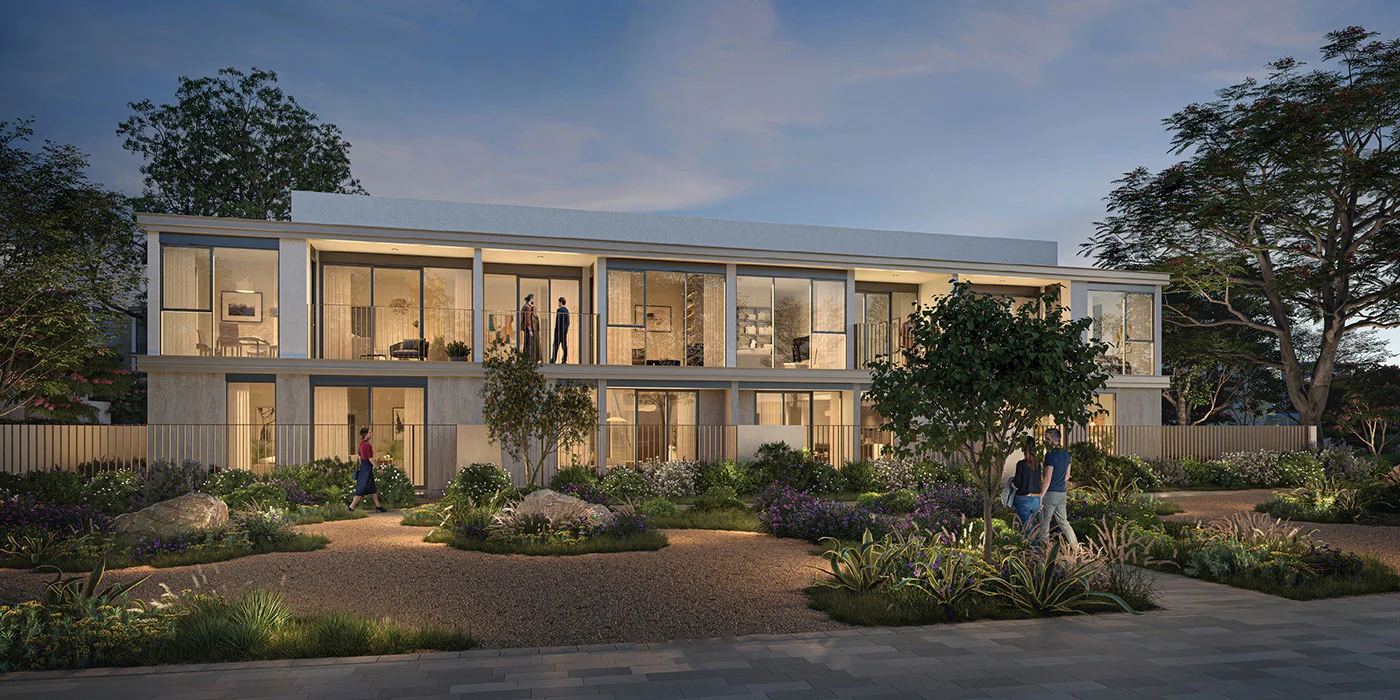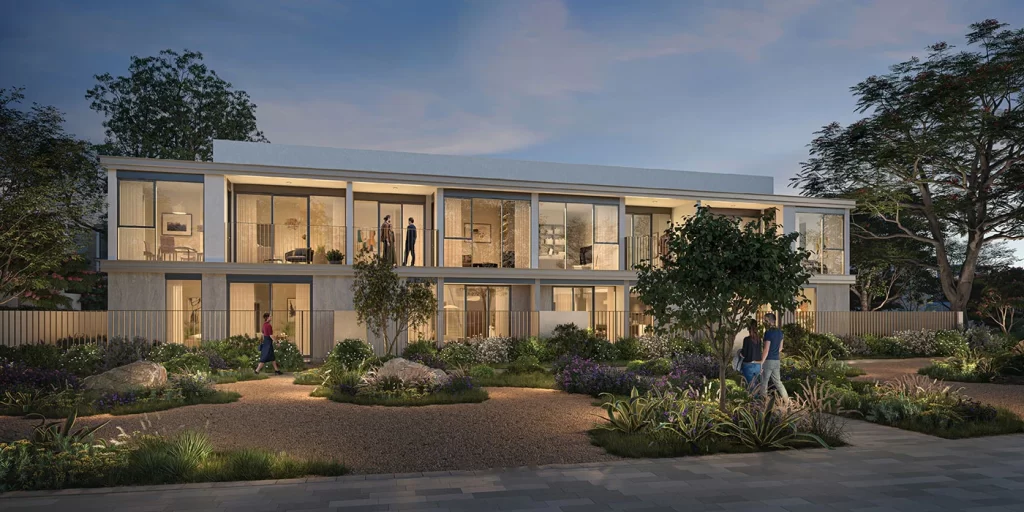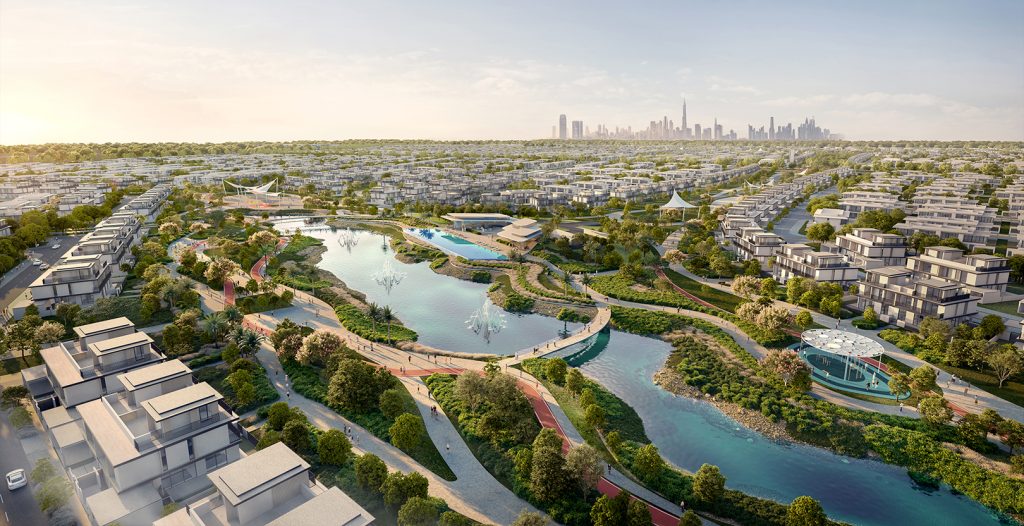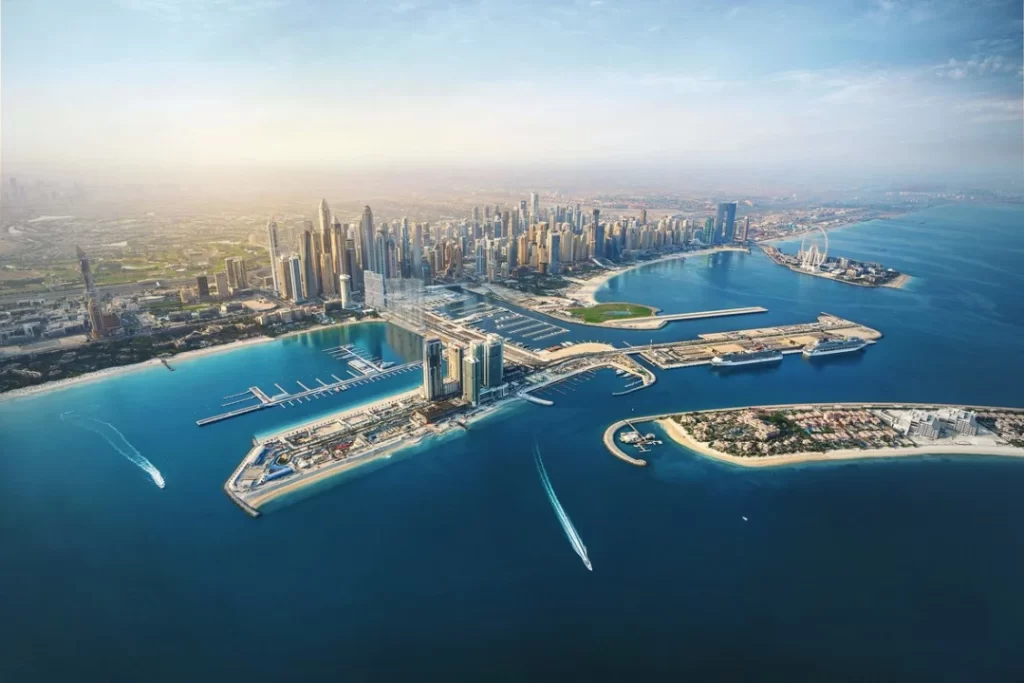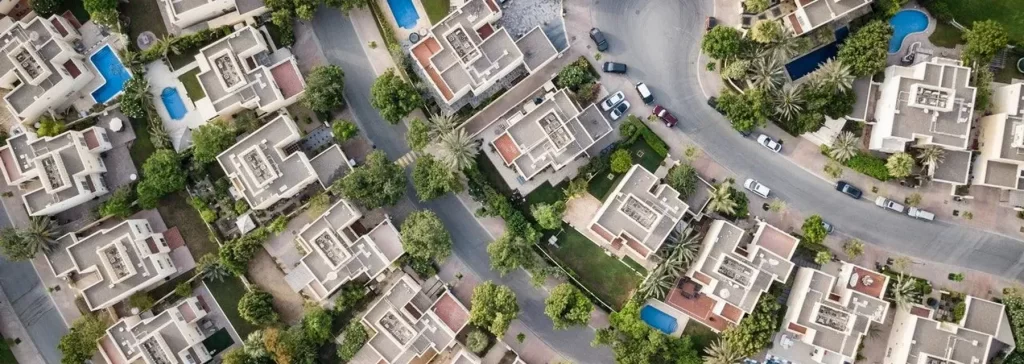
When shopping for properties for sale in Dubai , the first thing that a buyer notices is the asking price of the property. While layout, the number of rooms, location, and available amenities are all important considerations, the price is often the first factor that people think about when they start their search. The second thing that a buyer wonders is how did the estate agent come to ascertain this number?
There are a number of different factors that estate agents take into account when they are determining the prices of properties in Dubai.
Home Inspection : The Process to Determine Property Prices in Dubai
The first thing that an estate agent will do is have a home inspector come and take a look at the property. This individual will go through the property with a fine-tooth comb and make note of any and all damage, both cosmetic and structural. They will also take into consideration the number of rooms, square footage, and other factors that will play into the property’s value.
The home inspector will then provide the estate agent with a report that details their findings. The estate agent will use this information to help will price the property.
Comparative Market Analysis
The second thing that an estate agent will do is a comparative market analysis (CMA). This involves looking at similar properties in the area that have recently sold and using those prices as a guide. The CMA will also take into account any special features or unique selling points that the property has to offer.
The aim of the CMA is to give the estate agent an idea of what comparable properties are selling for in the determine a fair and accurate price for the property in question.
Factors That Affect Property Prices in Dubai
There are a number of different factors that can affect property prices in Dubai. These include:
Property Types:
Another important aspect that determines property prices in Dubai is the economy. Properties that are located in areas with a strong economy will generally be priced higher than those in weaker economic areas. This is because there is more demand for properties in strong economic areas and buyers are willing to pay more for as. This is because apartments are more common and there is more supply than there is for villas.
The type of property also plays a role in determining prices. For instance, apartments will generally be priced lower than villas. This is because apartments are more common and there is more supply than there is for villas.
Location:
The location of the property is also a major factor that determines prices. Properties that are located in prime areas, such as near the beach or in downtown, will be priced higher than those in less desirable locations. This is because prime locations are in high demand and there is a limited supply.
The number of rooms:
Another aspect that affects prices is the number of rooms. Generally, properties with more rooms will be priced higher than those with fewer rooms. This is because buyers perceive properties with more rooms as being more valuable.
The size of the property:
The size of the property is also a factor that affects prices. Larger properties will generally be priced higher than smaller properties. This is because buyers perceive larger properties as being more valuable.
Amenities and features:
The amenities and features that a property has to offer will also affect prices. Properties with more amenities and features, such as a swimming pool or a gym, will be priced higher than those without these features. This is because buyers perceive properties with more amenities and features as being more valuable.
The condition of the property:
The condition of the property is another factor that affects prices. Properties that are in better condition will generally be priced higher than those in need of repair. This is because buyers perceive properties in better condition as being more valuable.
Market Trends
Market trends vary from time to time. Some are anticipated, while others appear completely out of the blue. For example, no one anticipated COVID-19, which has resulted in a number of changes in the market. The current situation has led to an increase in prices for properties that offer more space, such as villas. This is because buyers are now looking for properties that offer more space to allow them to stay home and self-isolate.
Government Regulations
Government regulations can also affect property prices. For example, the introduction of VAT had a big impact on prices. This is because it added 5% to the price of all properties.
Supply and Demand
The law of supply and demand also plays a role in determining prices. When there is high demand for properties and limited supply, prices will increase. However, when there is low demand and high supply, prices will decrease.
The Neighbours & Neighbourhood
It’s already established that the area or neighbourhood where a property is located will play a role in how much it costs. But what about the neighbours? Well, they can actually have an impact on prices too. This is because buyers will generally pay more for properties that are located in neighbourhoods with good schools, low crime rates, and other desirable features.
These are just some of the factors that can affect property prices in Dubai. Ultimately, it all comes down to supply and demand. When there is high demand and limited supply, prices will increase. However, when there is low demand and high supply, prices will decrease. So, if you’re looking to buy a property in Dubai, it’s important to keep an eye on market trends so you can time your purchase just right.
Conclusion
These are some of the most important factors that affect property prices in Dubai. However, it is important to remember that there are a number of other factors that can also influence prices. These include the specific area where the property is located, the current market conditions, and the specific type of property. It is important to consult with a real estate agent to get a better understanding of how these factors will affect prices.


